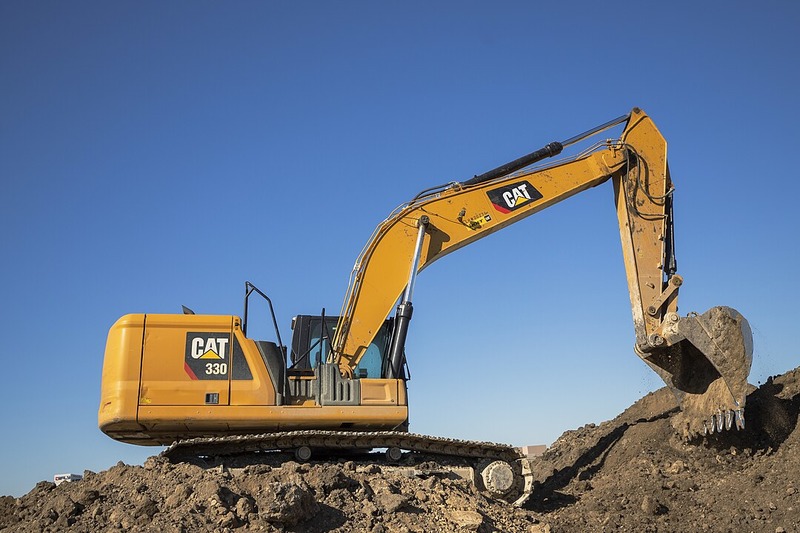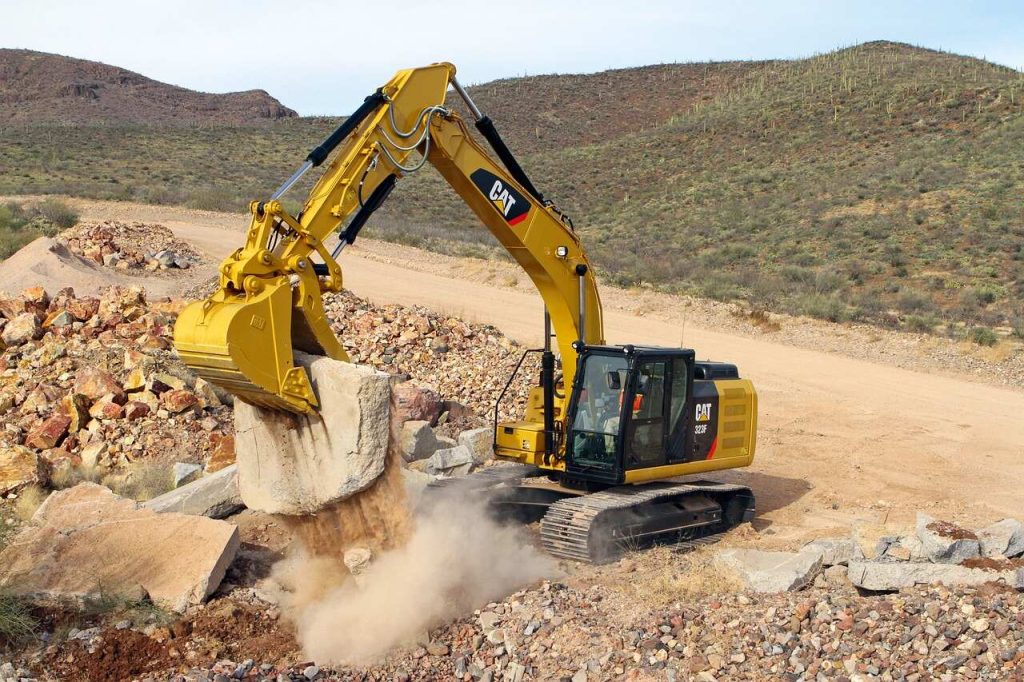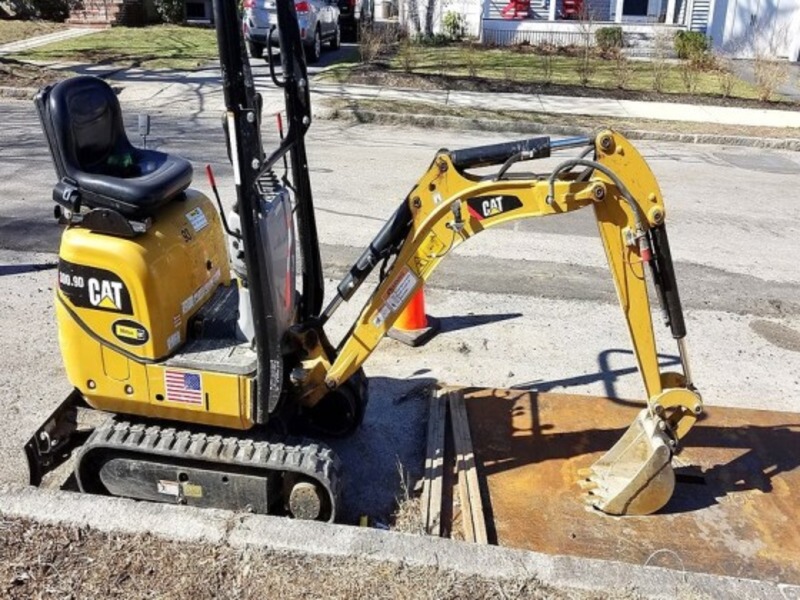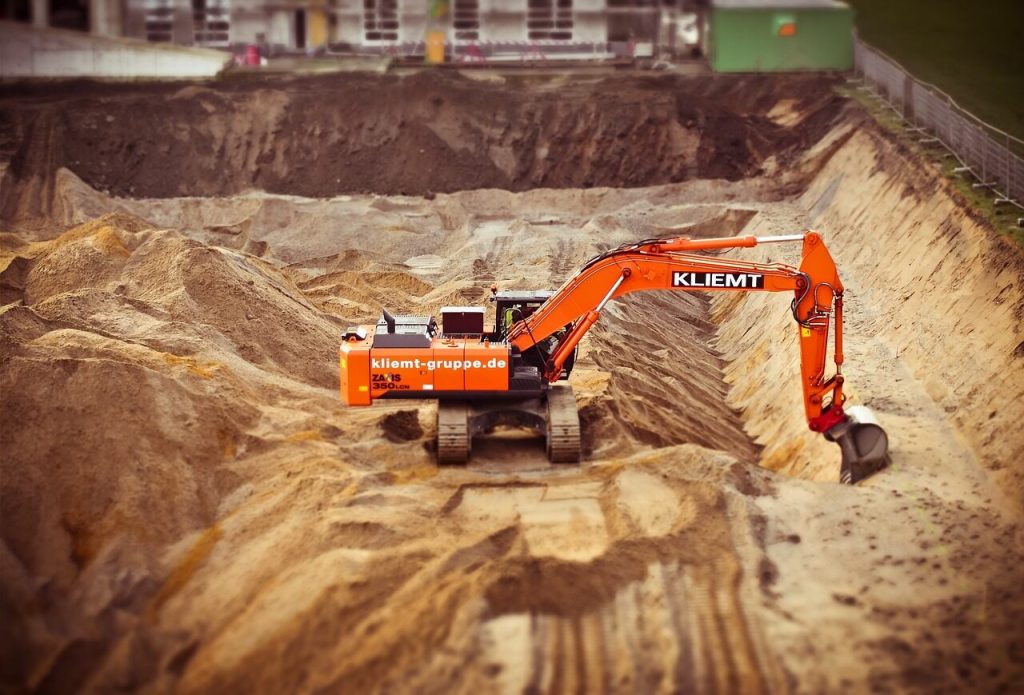
Excavators are large machines used to dig out the earth with their buckets. Using an excavator, you can create foundations, holes, and trenches. Excavators are also called diggers, often found in mines, river dredging, demolitions, and landscape projects.
While it is primarily made for digging trenches, you can use an excavator to move materials like rocks, concrete beams, and pole barn trusses. Because of this machine’s importance, you might find yourself in a situation where you need to buy an excavator.
This article will discuss the cost of an excavator. We will also explain in detail the various factors affecting an excavator’s price. Lastly, we will provide tips to help you buy the best excavator for your construction project.
Table of Contents
What are the Factors that Affect an Excavator’s Price?
Whether you are buying a new or used excavator, some factors will affect its price. This section explains these various factors and how they influence the amount you need to pay for your excavator.
Size
Size matters when choosing an excavator. The size of an excavator is usually based on tonnage, which is its operating weight. The size of an excavator dictates its digging and hauling capabilities. Larger excavators have more powerful engines and larger bucket sizes, so they are better at digging and hauling.
If you are building a barndominium or pole barn home on hard and rocky terrain, an excavator with more power will serve you better. It can help you save time because there’s no need to repeatedly work on one spot just to break hard earth or compact dirt.
It is also important to consider the size of the excavator in relation to the size of your construction site. If you are working on a site with limited space, it will be better to steer clear of a large excavator and stick to a small one. A small excavator is better for maneuvering in tight spaces.
A small excavator is recommended if you intend to work in a delicate terrain. A small excavator’s lighter weight means it can leave minimal damage to the job site. If you are working on your garden or yard, a small excavator won’t cause too much damage to your garden soil or grass.
It is more challenging to transport a large excavator over long distances. A large excavator may be cumbersome if you are building a pole barn cabin away from your residence. Aside from the excavator being unwieldy, it will take time to transport because it is not as fast as cars or trucks.
You also need to have a commercial driver’s license if you are transporting a large excavator. Compact excavators are easier to move from one site to another because you can easily transport them on the back of a truck.
Age
If you are in the market for used excavators, the age of the machine is a crucial factor. Older excavators are often cheaper than newer ones because they have more operating hours. Think of it as like buying a used car. A used car with more mileage is often cheaper than one with fewer miles on its odometer. However, if you look long and hard enough, you might find an old excavator with fewer operating hours and great working conditions.

Model
Modern excavators have more features than older ones, making them more expensive. Technological advancements in new machines make them easier to operate, so even less-experienced operators can work efficiently.
For example, new Caterpillar excavators have the option of a four-camera system to give operators a 360-degree view of their surroundings. This helps operators ensure a safe working environment while helping them dig their trenches perfectly.
Receive Quotes from Multiple Barndominium Builders & Kit Providers Near You Today (It's Free!)
Fill in this 1-minute form below and receive estimates for your project without having to find them yourself! Let them do the work.
Some new excavators also have automation features to assist in digging. Top brands often have this feature in their top-of-the-line models. Caterpillar calls this the Cat Grade Assist feature, which automates boom and stick movements for effortlessly accurate cuts. This feature is also available in Volvo excavators, but they call it Active Control.
Condition
An excavator in excellent condition will cost more than one in poor condition. Make sure that you carefully inspect the excavator before you purchase it. Aside from the usual wear and tear that comes with years of usage, you need to ensure that the machine is in great working condition. While it is easy to spot physical defects, issues with the engine will be harder to spot for the untrained eye. It will be best to enlist the help of a qualified technician to inspect the machine on your behalf.
Accessories
The price of an excavator can increase depending on the number of accessories that come with it. Using accessories on an excavator can improve its versatility. With the right accessory, you can turn your excavator into a jackhammer, a mower, a demolition tool, or a clamp. The more accessories that come with an excavator, the pricier the machine will be. However, make sure that the accessories that come with the excavator are useful to you. If you are not using the accessories, you are paying a premium for things you don’t need.
How Much Can an Excavator Cost?
Now that we are well-versed in the factors affecting an excavator’s cost, it’s time to discuss how much it costs.
Mini
Mini excavators are also called small or compact excavators. These excavators weigh less than seven metric tons. Because of its size, a mini excavator is ideal for working in tight spaces. It has zero tail swing, so you can use it around buildings without the fear of damaging existing structures.
It has a small engine, so you can use it for jobs that don’t require too much power, like landscaping, sewer repairs, foundation repairs, or water line installation. However, the small engine of a mini digger or excavator also means it won’t be able to provide the required dig depth for every job.
According to various sources, prepare to pay at least $10,000 for a used mini excavator, while a new one can cost at least $50,000.

Full – Sized
A large or full-size excavator is the most common excavator size used in most construction projects. They are also called standard excavators. Various sources place the cost of a used full-sized excavator at around $50,000, while brand-new ones can set you back between $200,000 and $600,000.
A large excavator weighs more than 45 metric tons. They are suitable for large and heavy-duty jobs because of their powerful engines. You can use a large excavator to dig foundations for large pole barns, commercial buildings, or apartment complexes. You can also use this machine to move large volumes of soil for leveling the site for your Amish pole barn or shipping container home.

What are Some Strategies for Finding the Best Deals on Excavators?
You want to get the best machine for as little money as possible when buying any machine.
Do your research
The first thing you need to do is research the different suppliers in your area. Buy only from a seller with an impeccable reputation. Look up reviews from previous buyers and see what they have to say about the excavators they purchased.
Ask for quotes
Ask for quotes from different suppliers. This will allow you to compare prices of the same models. Check the details of the quotes, like the warranty being offered, the operating hours of the excavator, etc.
Hire a qualified technician
If possible, hire a qualified technician to check the excavator and its engine. A qualified technician can spot issues with the engine that might escape an untrained eye.
How To Choose Between Buying Used, Unused, or Renting an Excavator
There are several options you can explore if you need an excavator for a construction project. You can buy a new or used one or simply rent an excavator. This section explains your various options and the advantages and disadvantages of each.

Used
Pros
- Buying a used excavator can help you save money. You can use your savings to finance your barndominium.
- There is a large selection of used excavators, so you can find one with the exact features you need.
- You can find used excavators in auctions to get one for a steal if you are lucky.
- If you are dealing directly with the seller, you can haggle to bring down the price.
Cons
- A used excavator has a shorter life than a new one.
- Used excavators require more maintenance than new ones.
- It can be risky since there is no way for you to find out precisely how the previous owner used the machine.
Unused
Pros
- You have the luxury of choosing an excavator with the latest features.
- New excavators have longer warranties than used ones.
- New excavators require less maintenance and fewer repairs.
- An unused excavator will have a longer life, so you can make the most out of your investment.
Cons
- An unused excavator will be more expensive than a used one.
- There might be a waiting time if your desired model is unavailable.
- You might be paying for new features that you don’t need.
Rent
Pros
- Renting an excavator can help you save money because you only need to pay for the time you use the machine.
- You don’t need to worry about maintenance and repairs since the leasing company handles those.
Cons
- Your choice of excavators is limited to the leasing company’s models.
- Renting can be expensive if your project takes longer than expected.
Conclusion
Excavators are excellent machines that can help you quickly complete your barndominium, shouse, or pole barn cabin. You can use it to dig trenches or move building materials. However, excavators can be expensive. Use the guidelines outlined above to help you decide whether to rent an excavator or buy either a new or used one. Remember to like and follow our Facebook page for other interesting articles about barndominium floor plans, builder reviews, and design ideas.
FAQS
What are some popular excavator brands and their price ranges?
When it comes to excavators, popular brand names include John Deere, Caterpillar, Komatsu, Kobelco, and Sany. Mini Caterpillar excavators cost around $100,000 to $200,000, while large ones cost up to $850,000. Depending on the size, John Deere excavators can cost between $50,000 and $300,000.
Small Komatsu excavators can cost between $55,000 and $500,000. Their largest excavators can sell for up to $2 million. Sany excavators cost between $50,000 and $250,000, while Kobelco excavators range between $30,000 and $200,000 each.
Are there any additional costs to consider when buying an excavator, such as taxes, shipping, or insurance?
Most of the time, taxes are included in the purchase price of an excavator. As for shipping or delivery fees, this differs from one seller to another, so be sure to ask the seller if they will deliver the excavator for free. Getting your excavator insured is a must. Excavators can be dangerous, so you need an Excavator Liability Insurance.
What are some common additional features and attachments that can impact the price of an excavator?
There are some features and attachments you can get for your excavator. However, since these are considered add-ons, they can drive the cost of your excavator up. Rakes are attachments you can use to clear your construction site or remove debris.
If you need to clear plant life, like weeds or shrubs, a mulcher can help you cut vegetation. A ripper is a tool with a pointed end that you can also find in bulldozers. You can use it to rip up the earth or remove tree stumps.

